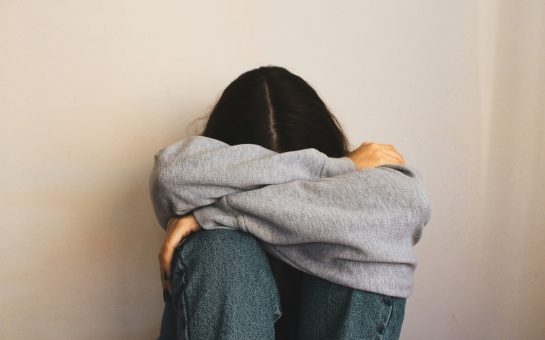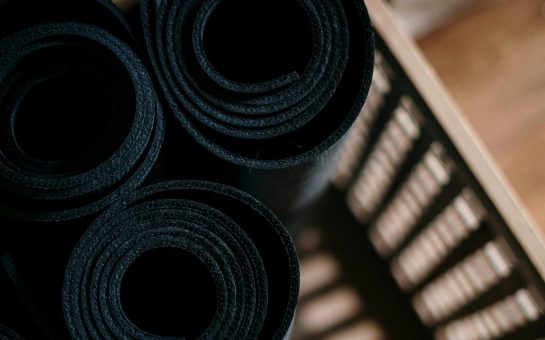The rate of self-harm per thousand women in prison has hit the highest it has been on record.
In the year up to March 2021, rates rose by 12%, as prisoners mental health spiralled during lockdown due to time out of cells and visiting hours being restricted.
The Guardian reported that during the first half of 2020, the number of prisoners put on suicide or self-harm watch almost reached the number for the whole of 2010.
However, this isn’t just a pandemic issue, as in 2019, there was a 60% increase in the numbers compared to 2010, and numbers have almost tripled since 2014.
For every thousand prisoners, there were 741 incidents of self-harm in 2020, compared to 282 in 2014, 430 in 2016 and 586 in 2018.
Deborah Coles, the director of Inquest, the charity providing support to families of those who die in custody said: “Prisons generate and exacerbate mental ill-health. At a time of such restrictive and dehumanising regimes this is even more acute.”
An inmate, C Malley, who experienced prison in lockdown, said: ‘’We were having to stare at the same four walls for long periods of time and could only shower every few days.
“There was a lack of association with other inmates and we didn’t know when we were able to go out for some fresh air.
‘’As the lockdown got longer and longer, incidents of self-harm increased, prisoners literally couldn’t cope with being stuck with their own thoughts. Prison gives you time to think, I can tell you that for a fact.’’
Campaigners are worried by the rates of self-harm for female prisoners, which at 20%, are four times higher than the average for the population, given women make up just 5% of the UK prison population.
Equally worryingly, male self-harm incidents have significantly risen over the last few years, making up the bulk of the increase.
These high self-harm rates among women have been highlighted by charities, in a letter opposing government plans announced this year to build 500 new women’s prison places, which are being built to match the surge in police officer roles.
A combination of 71 social welfare charities, organisations and peers collaborated on the letter, which was published in the Sunday Times on 25th July.
The letter criticising the Government’s deviation from their promise to reduce the number of women in prison, and highlighting their concerns about self-harm, the adverse affects of parents in prison on children, and the need for more local services and rehabilitation.
The letter signed by charities including the charities Shelter, Women for Refugee Women and Royal College of Midwives, and spearheaded by the charity Women in Prison, said: “Most women enter prison for sentences of six months or less, with prison sentences more likely to increase re-offending rather than reduce it.
“We are also concerned about a rise in self-harm for women in prison, which is now at the highest level in a decade.”
The letter highlighted evidence of the destructive impact of female prison sentences on children, as 95% of children have to leave home when their mother goes to prison.
Parental imprisonment also risks a negative impact on a child’s long term health, school attainment, and life expectancy, and makes it more likely they will be imprisoned too.
The Justice minister Robert Buckland said the new women’s prison places will improve conditions in the prisons by making more single cells, with some in-cell showers and open condition cells and open up opportunities for education and employment.
He added they would introduce overnight visits from children to prepare for life back home, which was criticised by charity spokespeople.
Kate Paradine, CEO of the charity Women in Prison, said: ‘’Plans to send children to prison to spend a night with their mothers, rather than release a mother to spend a night with her child, reveal the twisted approach of this government and will only do more harm.’’
Women in Prison have also voiced concern over use of six month or smaller jail sentences, mostly given to women rather than men.
This comes after the news that one in three female convictions are from refusing to pay a TV license, an offence which can lead to jail time.
The charities and organisations suggested the Government spend their money on community-based services that divert women from the criminal justice system, like women’s centres, which are more effective at rehabilitation and reducing re-offending rates.
The Government made plans to reduce the number of female prisoners and re-offending in their 2018 Female Offender Strategy.
Ginnie Landan, the Director of the Enfield Women’s Centre, which provides support including for domestic abuse sufferers, said: ‘’There’s so much more they could be focusing on than building more prison places and chucking people in there.
“It breaks up families, but it doesn’t stop violence against women: mental violence, sexual violence, harassment.’’
Evidence shows 70% of female prisoners are domestic abuse survivors, and half of convicted women in 2019 committed their crime to support someone else’s drug use, compared with 22% of men.
Landan highlighted that the majority of women are in prison for debt, but that very often the jail time does not cancel it.
According to the London prisoner rehabilitation charity, Switchback, 40% of London prisoners are released homeless or to unknown circumstances.
Featured image: A quilt made from materials found in prison, by women in HMP Holloway, showing what they look forward to at release. It was exhibited in Parliament and now hangs in the Museum of London.




